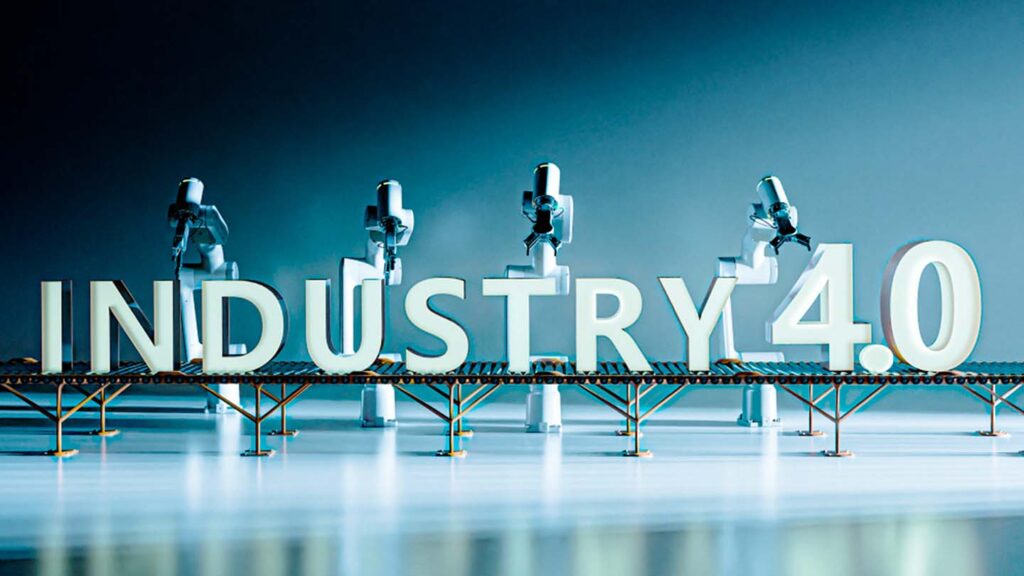Globalization has opened up an array of opportunities for automotive manufacturers, suppliers, and service providers. As the automotive industry races to keep up with evolving technology and customer demands, an ever-changing landscape of logistics trends plays a pivotal role in the sector’s success. In this article, we’ll take a look at five major trends in automotive logistics that are transforming the way we view car manufacturing and shipping. Keep reading to learn more!
Top 5 Automotive Logistics Trends happening around the world today
1) Increasing complexity and fragmentation: The automotive industry is becoming increasingly complex, with more and more vehicles being built in multiple factories around the world. This fragmentation is causing problems for logistics companies, which are struggling to keep up with the demand for parts and components.
2) The shift to electric vehicles: Electric vehicles are becoming more popular each year, and this trend is likely to continue. This will have a major impact on automotive logistics, as electric vehicles require different parts and components than traditional gasoline-powered cars.
3) The rise of autonomous vehicles: Autonomous vehicles are starting to enter the market and are expected to become more prevalent in the coming years. This technology will change the landscape of automotive logistics, as autonomous vehicles will need to be coordinated and managed differently than traditional cars.
4) The growth of e-commerce: E-commerce is growing at a rapid pace, and this trend is likely to continue. This will have a major impact on automotive logistics, as more people will buy car parts online and have them shipped directly to their homes.
5) Changing consumer preferences: Consumer preferences are changing, and this is having an impact on the automotive industry. For example, consumers are now interested in smaller, more fuel-efficient cars. This shift in preference is causing problems for some logistics companies that specialize in large vehicle transportation.
As the world progresses, so does the automotive industry. Logistics play a vital role in keeping this industry running smoothly and efficiently. With new technologies and trends emerging constantly, it can be difficult to keep up with the latest happenings in automotive logistics. Here are some of the major automotive logistics trends happening around the world today:
1. Increase in manufacturing and engineering output all over the world
2. More focus on developing countries
3. Shift from low-cost countries to high-quality countries
4. Increasing demand for electric vehicles
5. Increasing use of technology and data analytics
Most futuristic cars are aimed at emerging automotive markets

As the world progresses, so does the automotive industry. New technologies and designs are being developed all the time with the aim of making cars more efficient, stylish, and comfortable. Much of this innovation is driven by the need to appeal to car buyers in developing countries where the automotive market is booming.
Some of the most exciting new cars on the market are designed specifically for these emerging markets. They boast fuel-efficient engines, cutting-edge infotainment systems, and stylish exterior design that is sure to turn heads. Here are just a few of the most futuristic cars that you can expect to see on the roads in developing countries in the years to come.
The automotive industry continues to embrace a new level of digitization
The automotive industry is no stranger to digitization and technological advancements. In recent years, we’ve seen a rise in new technologies such as electric vehicles, autonomous vehicles, and connected cars. These technologies are changing the way we design, build, and sell vehicles.
Now, the automotive industry is embracing a new level of digitization that will revolutionize the way we manufacture and ship vehicles. This new level of digitization is called Industry 4.0, and it’s being driven by the need for speed, efficiency, and flexibility in production.
What is Industry 4.0?

Industry 4.0 is the fourth industrial revolution. It’s a term used to describe the current trend of automation and data exchange in manufacturing technologies. This includes the use of sensors, robotics, 3D printing, artificial intelligence (AI), and more.
The goal of Industry 4.0 is to create a smart factory where machines are interconnected and can communicate with each other to make decisions autonomously. This will allow manufacturers to achieve faster production times while reducing costs and errors.
Why is this important for the automotive industry?
The automotive industry is complex, with long supply chains that span across countries and continents. There’s a lot of coordination that needs to happen between suppliers, manufacturers, logistics providers, dealerships, and customers. Industry 4.0 will help streamline this process by making it easier to gather data from all parts of the supply chain.
New possibilities for innovation have opened up doors to generate higher levels of competitiveness.
As the automotive industry becomes increasingly globalized, logistics trends are also evolving to meet the needs of manufacturers operating in multiple countries. Here are four major automotive logistics trends happening around the world today:
In recent years, there has been a shift towards more collaboration and cross-pollination between different players in the automotive ecosystem. This has led to the development of more innovative business models and technologies that are aimed at improving efficiency and reducing costs. As a result, new entrants into the market are able to generate higher levels of competitiveness.
The rise of new manufacturing hubs in Asia, Latin America, and Eastern Europe is changing the traditional landscape of automotive manufacturing and resulting in a more complex supply chain. This forces suppliers and original equipment manufacturers (OEMs) to rethink their production strategies and logistics networks.
Strategies for product development and homologation are becoming increasingly complex due to regulatory pressures from different markets. This is particularly challenging for small and medium-sized enterprises (SMEs) that don’t have the same resources as larger companies. Automakers must now focus on developing products that can be easily adapted to meet the requirements of each market they plan to enter.
Challenges still exist within the automotive supply chain, especially in developing economies.
Although the automotive industry has made great strides in recent years to streamline its supply chain and become more efficient, challenges still exist. These challenges are particularly prevalent in developing economies, where infrastructure and resources are often not as robust as in developed countries.
One of the biggest challenges facing the automotive supply chain is the increasing complexity of vehicles. With ever-more sophisticated features and technology being incorporated into cars, the supply chain must be able to keep up with these changes. This can be difficult, especially in developing economies where suppliers may not have the same access to resources and information as their counterparts in developed countries.
Another challenge facing the automotive supply chain is managing risk. There are a number of risks that can impact the automotive industry, from supplier disruption to natural disasters. Managing these risks effectively is essential to ensuring a smooth and efficient supply chain.
Despite these challenges, the automotive industry continues to grow and thrive all over the world. By working together, automakers and suppliers can overcome these challenges and continue to drive innovation and efficiency within the automotive sector.



